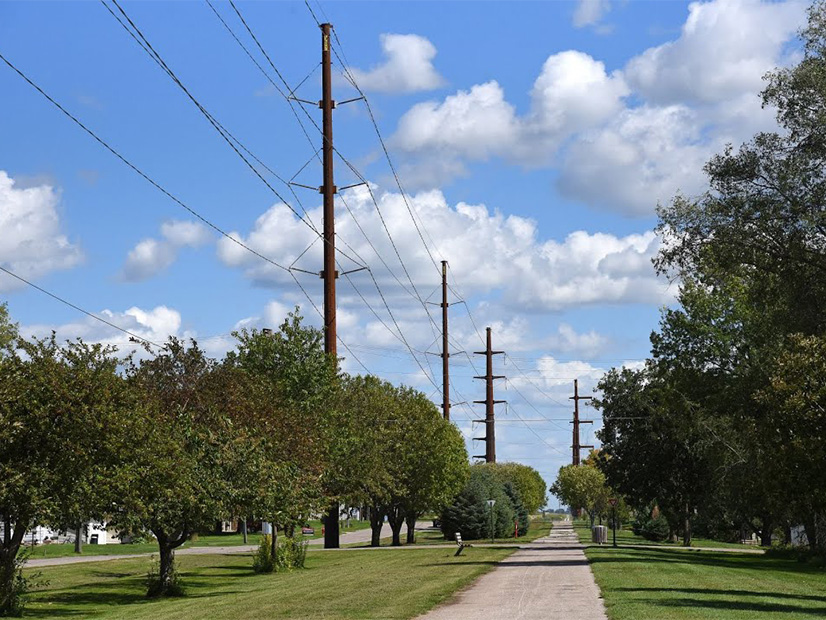Alliant Energy is spearheading a coalition of utilities, industrial customers and consumer advocates contesting ITC Midwest’s capital structure at FERC.
The Iowa Coalition for Affordable Transmission filed a complaint last month, alleging that the equity ratio used in ITC Midwest’s capital structure is unfair and should be reduced to 53% from 60% (EL22-56).
The coalition includes Alliant subsidiary Interstate Power and Light (IPL), the Iowa Office of Consumer Advocate, the Resale Power Group of Iowa, the Iowa Business Energy Coalition and the Large Energy Group, a group of IPL major electric service customers.
The coalition argued that since FERC accepted ITC’s current capital structure in 2007, “ITC Midwest and MISO have changed substantially.” It said Midwest’s rate base grew by 550% since 2007 “to the point that network and firm point-to-point transmission rates are over 275% higher than the average rates of other transmission owners.”
“Financially, ITC Midwest and its affiliates performed strongly for their investors, so much so that their parent, ITC Holdings Corp. was acquired by Fortis Inc. [in 2016], an international public utility holding company,” they wrote.
The coalition argued that ITC no longer meets the commission’s three-part test to ensure a capital structure won’t result in excessive costs for consumers. It said ITC Midwest doesn’t have its own credit rating separate from ITC Holdings and Fortis, and that its parents effectively guarantee its debt. The group also said ITC Midwest’s 60% common equity ratio “significantly exceeds those set by recent FERC orders and the equity ratios of publicly traded proxy companies.” Thy said it is “excessively skewed toward equity.”
“This conclusion is based on evidence including ITC Midwest’s complete lack of any management-level employees of its own — all of its officers are officers of ITC Holdings — and evidence indicating that debt rating agencies look to ITC Holdings and Fortis when evaluating ITC Midwest’s creditworthiness,” the coalition said.
The group’s suggested 53% is the median of other MISO transmission utilities with similar bond ratings.
“Fifteen years ago, when ITC Midwest was first created to acquire IPL’s transmission system … ITC Midwest had no track record of transmission ownership or investment; it did not even have its own credit rating — FERC approved its capital structure proposal based on an expectation that ITC Midwest would have its own credit rating separate from its parent company,” the coalition said.
The Iowa Utilities Board and the Minnesota Department of Commerce took notice of the complaint and wrote to FERC in support of it.
“ITC Midwest owns transmission in Minnesota, and therefore its existing capital structure and transmission rates have direct implications for Minnesota ratepayers. In addition, the equity ratio issue raised has important long-term implications for Minnesota ratepayers as transmission owners in Minnesota and throughout the MISO region consider adding significant amounts of new high-voltage transmission into their rate base,” the Minnesota Department of Commerce said.
The North Iowa Corridor Economic Development Corp. also sided with the complaint, noting that high energy costs have detracted from potential economic development in the area.
“Our organization has seen directly how higher energy costs here have led local and prospective businesses to choose other locations for expansion,” it said.


